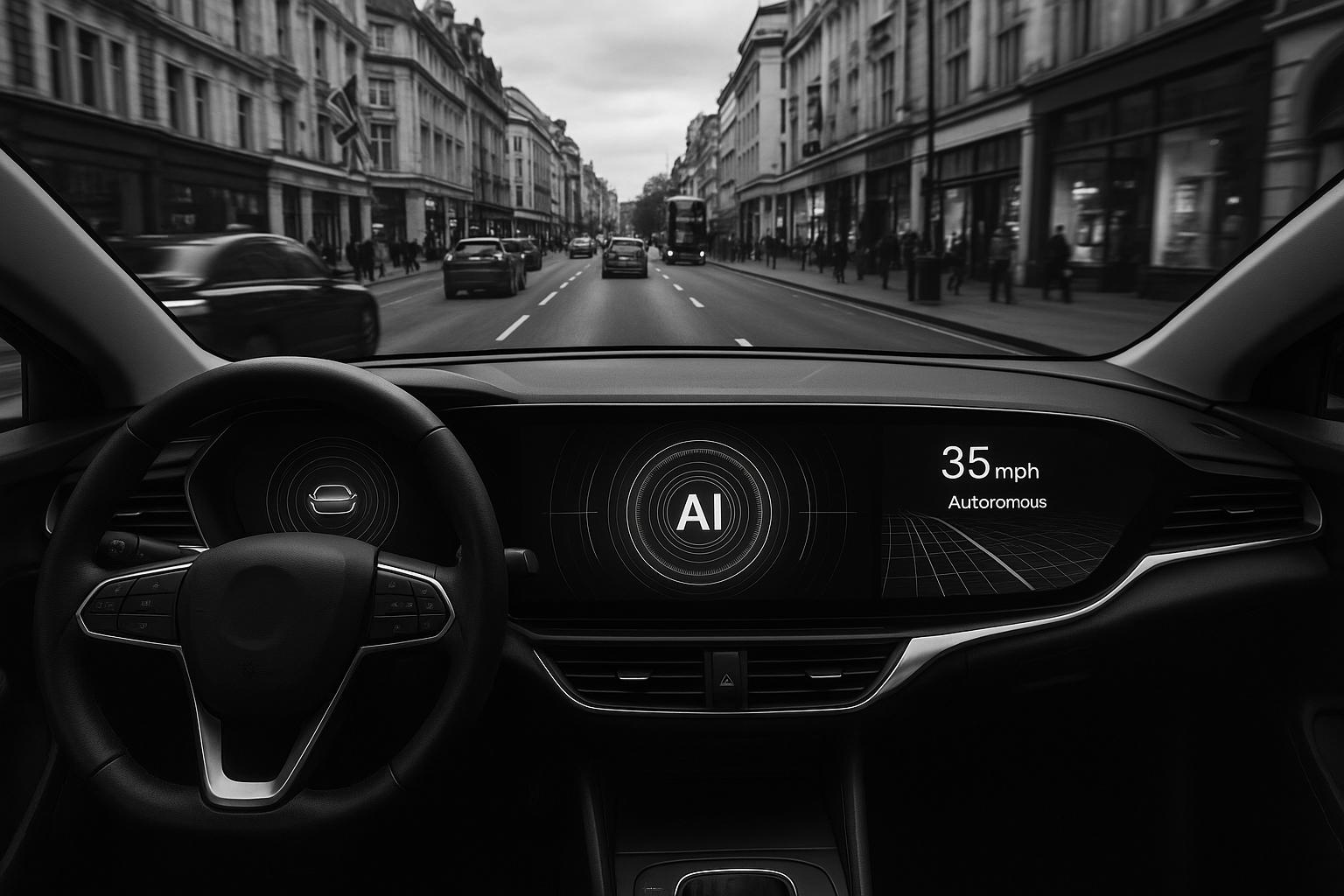Uber's move to trial autonomous vehicle technology in the UK is a landmark development poised to alter urban transport significantly. On Tuesday, the ride-hailing giant announced a collaboration with Wayve, an automated driving technology firm, to conduct public-road trials of self-driving cars in London. This initiative, hailed as the first of its kind in the UK, reflects a broader ambition to integrate autonomous vehicles into European cities efficiently.
As the largest market for Uber's autonomous ambitions, the UK is strategically positioned to lead the charge in self-driving technology. According to statements made during the announcement, the collaboration could set a precedent for scaling autonomous vehicle deployment across Europe. "The lessons learnt from the UK will therefore be a major step forward in the development of L4 technology for deployment in cities around the world," a company spokesperson noted. This sentiment echoes the government's commitment to enhancing the autonomous vehicle landscape, with projections indicating the sector could inject £42 billion into the economy and create approximately 38,000 jobs by 2035.
Transport Secretary Heidi Alexander articulated the government's support for the project, which seeks to fast-track the introduction of driverless vehicles to spring 2026. This timeline is a significant acceleration from earlier estimates and underscores the UK’s desire to remain competitive with leaders in the sector, such as the US and China. Recent regulatory changes, including a new framework established under the Automated Vehicles Act, will guide these trials, ensuring that safety remains paramount.
Regulatory bodies have emphasised the importance of clarity in oversight, particularly as the industry grapples with safety concerns associated with self-driving technology. The UK government's approach not only aims to position the country as a front-runner in the autonomous vehicle market but also seeks to minimise risks by implementing a stringent legal framework. This framework includes a regulatory scheme to monitor the continuous safety of self-driving vehicles, addressing issues such as liability and user responsibility. Experts have noted that human error is a contributing factor in 88% of road collisions, suggesting that autonomous vehicles could significantly enhance road safety if deployed effectively.
Moreover, the investment landscape for autonomous technology in the UK is robust, with Wayve recently securing $1 billion from SoftBank in one of Europe's largest AI funding rounds. This investment, which also includes contributions from technology giants like Nvidia and Microsoft, positions Wayve to advance its Embodied AI platform, which enables vehicles to learn from their driving environments. Such advancements could expedite the rollout of self-driving technology, placing the UK well ahead of its competitors.
Underlying this initiative is a transformative vision that seeks to reshape how people move within urban environments. Autonomous vehicles hold the potential to improve accessibility for those unable to drive, enhance public transport efficiency, and tackle issues like congestion and emissions. As the UK prepares for the forthcoming trials, all eyes will be on how the integration of these technologies shapes the future of transport, promising increased convenience for millions of consumers while pursuing ambitious economic goals.
📌 Reference Map:
Source: Noah Wire Services
